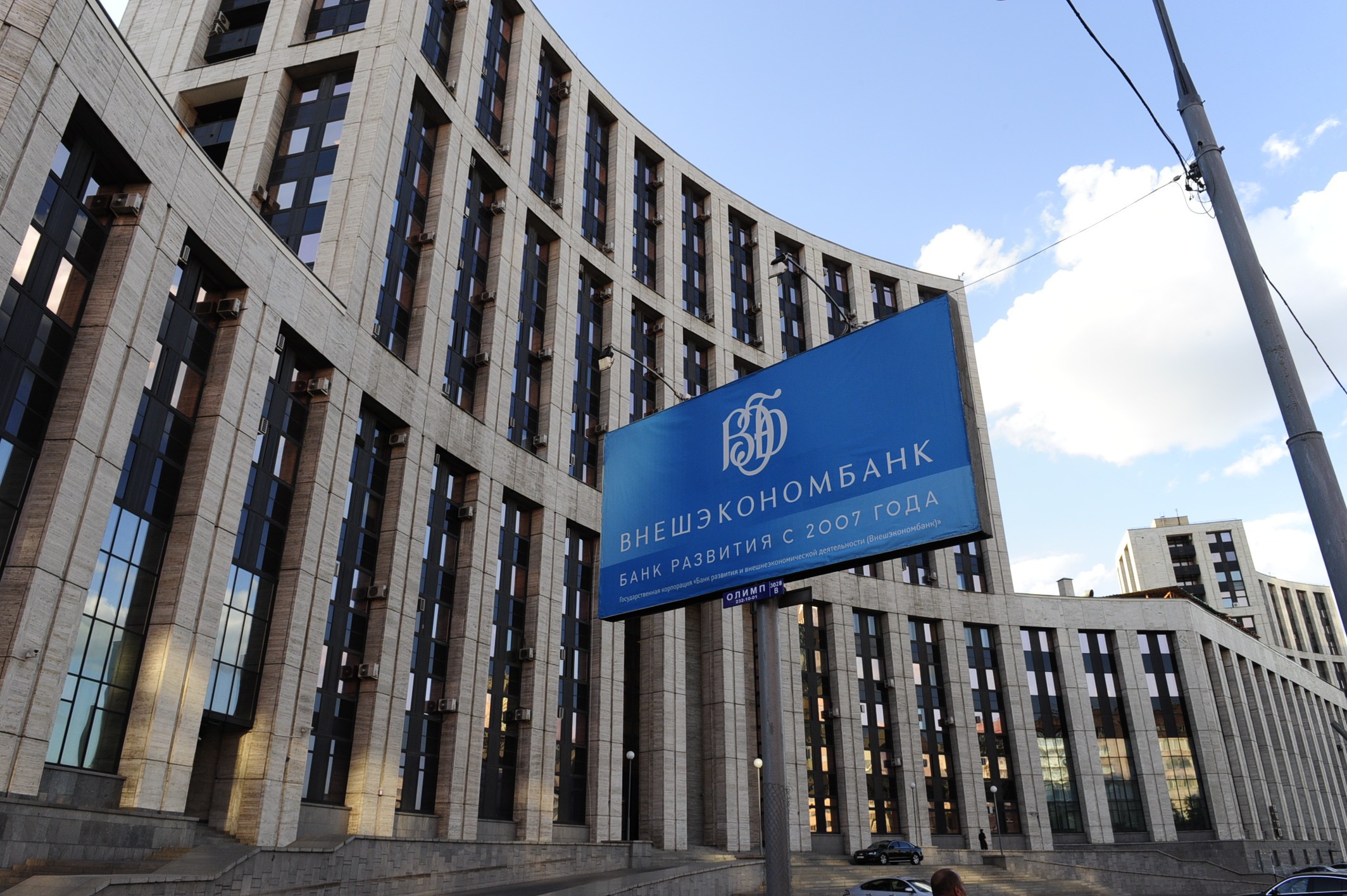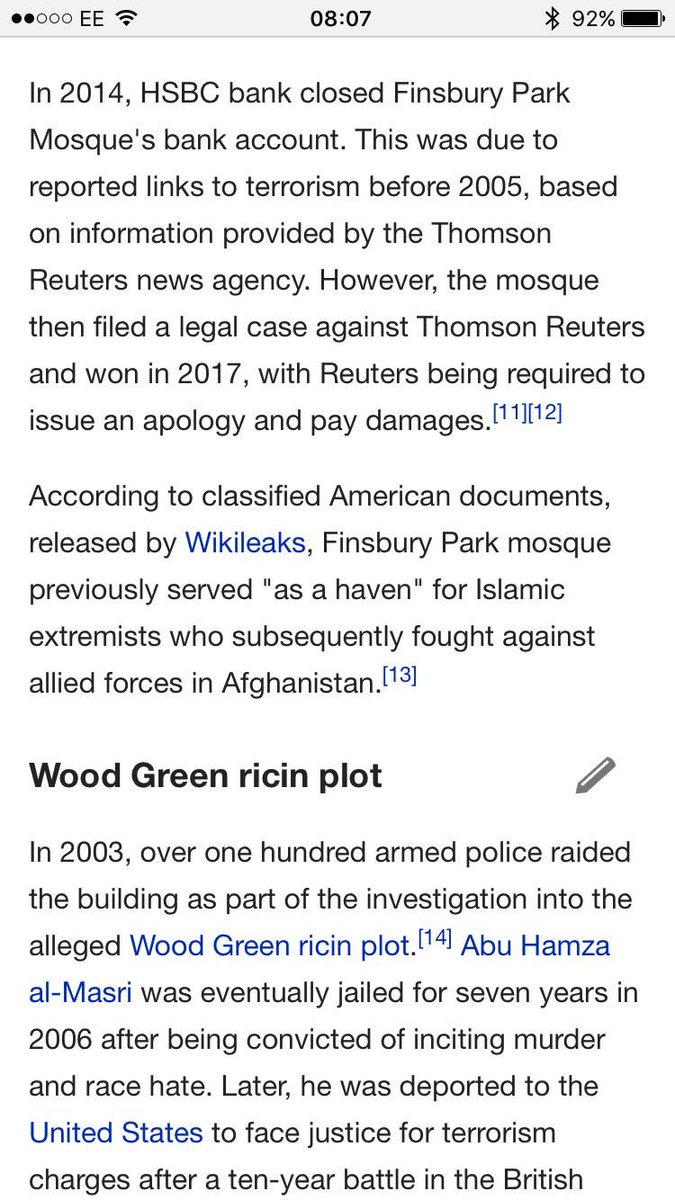Primer: Chinese spies target US intellectual property (important due to universities relationships with government operations) Further is 2015, U.S. diplomats previously warned China to stop using covert law enforcement agents on U.S. soil. CNN reported that the agents pressure Chinese citizens to return to the country to face justice, often on corruption charges, United States officials confirmed to CNN. The agents have successfully coerced several Chinese nationals to return to China from the U.S., they said.
So, between India and China we have more than a million foreign nationals at the student level. Are they really students? This is a number too, where American students are eliminated from college acceptance due to favorable foreign student policy.
The Student and Exchange Visitor Program (SEVP) is a part of the National Security Investigations Division and acts as a bridge for government organizations that have an interest in information on nonimmigrants whose primary reason for coming to the United States is to be students.
On behalf of the Department of Homeland Security (DHS), SEVP manages schools, nonimmigrant students in the F and M visa classifications and their dependents. The Department of State (DoS) manages Exchange Visitor Programs, nonimmigrant exchange visitors in the J visa classification and their dependents. Both SEVP and DoS use the Student and Exchange Visitor Information System (SEVIS) to track and monitor schools; exchange visitor programs; and F, M and J nonimmigrants while they visit the United States and participate in the U.S. education system.
WASHINGTON — There are 1.18 million international students with F (academic) or M (vocational) status studying at 8,774 schools in the United States according to the latest “SEVIS by the Numbers.” The biannual report on international student data, which includes a new section on regional data trends, is prepared by the Student and Exchange Visitor Program (SEVP), part of U.S. Immigration and Customs Enforcement’s (ICE) Homeland Security Investigations (HSI).
The report, released Thursday by SEVP, highlights May 2017 data from the Student and Exchange Visitor Information System (SEVIS), a web-based system that includes information about international students, exchange visitors and their dependents while they are in the United States.
Based on data extracted from SEVIS May 5, the international student population increased 2 percent compared to May 2016, with 76 percent of students enrolled in higher education programs of study.
Seventy-seven percent of international students hailed from Asia. Among continents, South America had the largest percentage increase (6.5 percent) in international students studying in the United States when compared to May 2016.
China and India continue to send the largest number of students to study in the United States, at 362,368 students and 206,698 students, respectively. And even with a 19 percent decline – the steepest percentage decline among the top 10 Asian countries – Saudi Arabia still had 55,806 students studying in the United States in May 2017, ranking fourth among Asian countries. With an 18 percent increase, Nepal saw the largest proportional growth in students coming to the United States.
Nearly 514,000 international students pursued science, technology engineering or mathematics (STEM) degrees in May 2017, marking an 8 percent increase from May 2016. Thirty-nine percent of those students pursued engineering degrees. India not only had the largest number of STEM students, but also the largest proportional STEM student population; 84 percent of Indian students in the United States studied STEM.
In May 2017, 10 U.S. universities certified to enroll only F international students accounted for 10 percent of the entire international student population. New York University (15,386 students), the University of Southern California (13,365 students) and Northeastern University (12,372 students) – all certified to enroll F students – had the highest international student enrollment numbers among U.S. schools.
Nine percent of schools can enroll both F and M international students. The top three schools in this category included: Cornell University (5,716 students), the Houston Community College System (4,768 students) and Santa Monica College (3,554 students).
The international student population in the Northeast increased 4 percent when compared to May 2016, marking the highest proportional growth of the four U.S. regions. Rhode Island was the only state in the region to experience a dip in the number of international students compared to the previous year, while New York and Massachusetts added the largest number of international students during that same period, 4,490 students and 2,770 students, respectively. New Jersey saw an increase of 10 percent in international students pursuing bachelor’s degrees.
In the South, the international student population grew 3 percent since May 2016. Florida, Georgia and Texas all saw significant increases in the number of international students studying in those states. While Louisiana, Tennessee and Oklahoma saw decreases in the number of international students studying there..
Arkansas, Kentucky and Maryland all saw major growth in international students taking part in their higher education system. Maryland saw a 10 percent increase in the number of students earning a bachelor’s degree. However, the southern region saw the largest growth at the graduate degree level. The number of international students pursuing master’s degrees increased 25 percent in Arkansas and 35 percent in Kentucky.
The Midwest saw minimal growth of 1 percent. Illinois added 1,331 students to its international student population, marking the largest increase in the region, while Nebraska experienced the largest proportional growth of 7 percent. Missouri experienced the largest decrease in international students, both in terms of student numbers and proportional decline, 763 students and 3 percent, respectively.
In the western part of the United States, international student enrollment stayed relatively static in California, other than an 8 percent increase in the number of students earning bachelor’s degrees. Idaho saw a 14 percent drop in the total number of international students studying in the state, with a 16 percent decrease in the number of students earning a bachelor’s degree. But, Nevada’s international student population grew by 5 percent, marking the largest proportional growth in the region.
The full “SEVIS by the Numbers” report can be viewed here. Report data was extracted from SEVIS May 5. The report captures a point-in-time snapshot of data related to international students studying in the United States. Data for the previous “SEVIS by the Numbers” report was extracted from SEVIS in November 2016.
Individuals can explore more international student data from current and previous “SEVIS by the Numbers” reports by visiting the Study in the States interactive mapping tool. This information is accessible at the continent, region and country level and includes information on gender and education levels, as well as international student populations by state, broken down by geographical areas across the globe.
SEVP monitors the more than one million international students pursuing academic or vocational studies (F and M visa holders) in the United States and their dependents. It also certifies the schools and programs that enroll these students. The U.S. Department of State monitors exchange visitors (J visa holders) and their dependents, and oversees exchange visitor programs.
Both SEVP and the Department of State use SEVIS to protect national security by ensuring that students, visitors and schools comply with U.S. laws. SEVP also collects and shares SEVIS information with government partners, including U.S. Customs and Border Protection and U.S. Citizenship and Immigration Services, so only legitimate international students and exchange visitors gain entry into the United States.
HSI reviews SEVIS records for potential violations and refers cases with possible national security risks or public safety concerns to its field offices for further investigation. Additionally, SEVP’s Analysis and Operations Center reviews student and school records for administrative compliance with federal regulations related to studying in the United States.

 ABC
ABC Sergei Gorkov
Sergei Gorkov
 CommentaryMagazine
CommentaryMagazine




 Rotherham Town Hall, Wikipedia
Rotherham Town Hall, Wikipedia